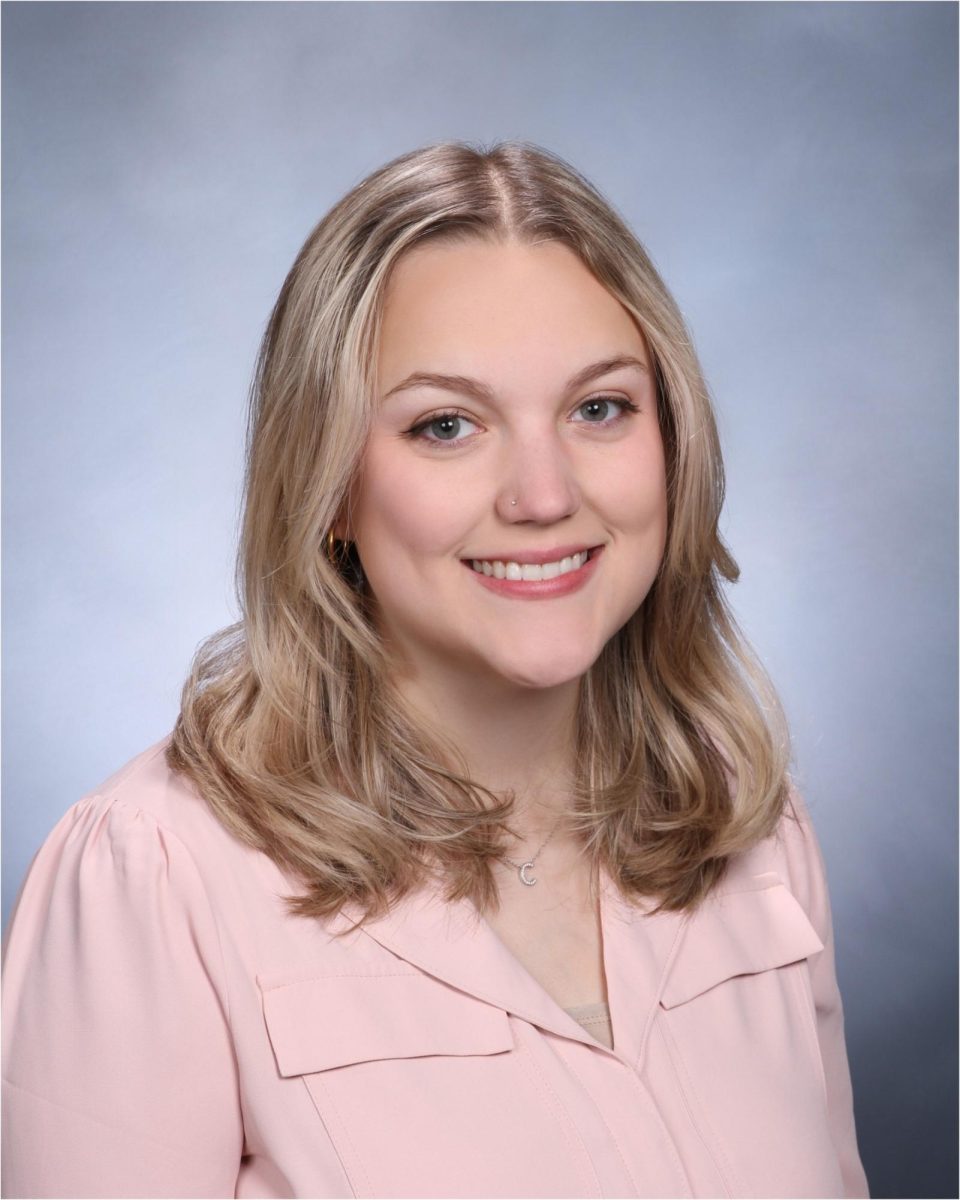When Lafayette’s first female class of students was admitted in 1970, their voices were often silenced. Carly Johnson ‘24 is seeking to undo that through her thesis centered around Lafayette’s transition into co-education.
Although history majors are not required to write theses, Johnson knew that she wanted to write one after looking at Lafayette’s archives for a project in one of her history classes.
“As someone who does history, I’ve always been very interested in women’s history in particular,” Johnson said. “When I was looking at the breadth of [the documentation] they had on file, they had all of the oral histories from a project that they did in 2002, which brought back the first classes of women and interviewed them about their experiences being on campus.”
Johnson’s experiences on campus, particularly her involvement in the organization Pards Against Sexual Assault, motivated her to focus on the daily lives of the first women to attend Lafayette.
“Knowing about women’s sexual rights, safety on campus and party culture, I was really interested to see if that was a similar experience to some of these women in 1971,” Johnson said.
She discovered archives of the first class of women speaking on the lack of resources and struggling with safety on campus, something that she said is still present today.
“Women still are experiencing [this] when you see things like Lafayette for Reproductive Autonomy, Justice, and Empowerment still working really hard to have menstrual equality on campus,” she said.
Johnson is also looking to put Lafayette’s transition to coeducation in a broader socio-political context, examining the conversations and decisions that took place amongst Lafayette’s administrators and board of trustees.
“When those first women came in, it was, at least on the administration side, very much an experiment,” Johnson said. “They were attempting to change the landscape of the school, but not doing it in a way that’s intentional in the sense of, ‘What do women need? What do women want?’” Johnson said. It was rather just like, ‘Alright, we should be co-ed now and it’ll be great and we’ll figure it out as we go along.’”
Caroline Sequin, a history professor and Johnson’s thesis advisor, emphasized the work Johnson has put into highlighting these women’s stories.
According to Sequin, Johnson has been “able to collect those testimonies and make sense of them to recreate what it was like to be a woman on this campus in the ‘70s, but also to take note of some of the progress that we’ve made and what is left for us to work on.”
College archivist Elaine Stomber ‘89 emphasized the significance of Lafayette’s coeducation transition period to its history.
“Studying the transition to coeducation enables students to take a deep dive into a remarkable period of social change at Lafayette,” Stomber wrote in an email. “Through the College Archives oral history project, researchers have access to first-hand accounts of the pioneering young women who arrived on campus in the fall of 1970 and reinvented a traditionally male campus.”
Johnson said she has enjoyed the experience and is hoping to successfully defend her thesis in May.
“Being able to have that freedom to research anything, and know that anything that I am interested in, I can find a way to do research and give it value, has been very rewarding,” Johnson said.






















































































































